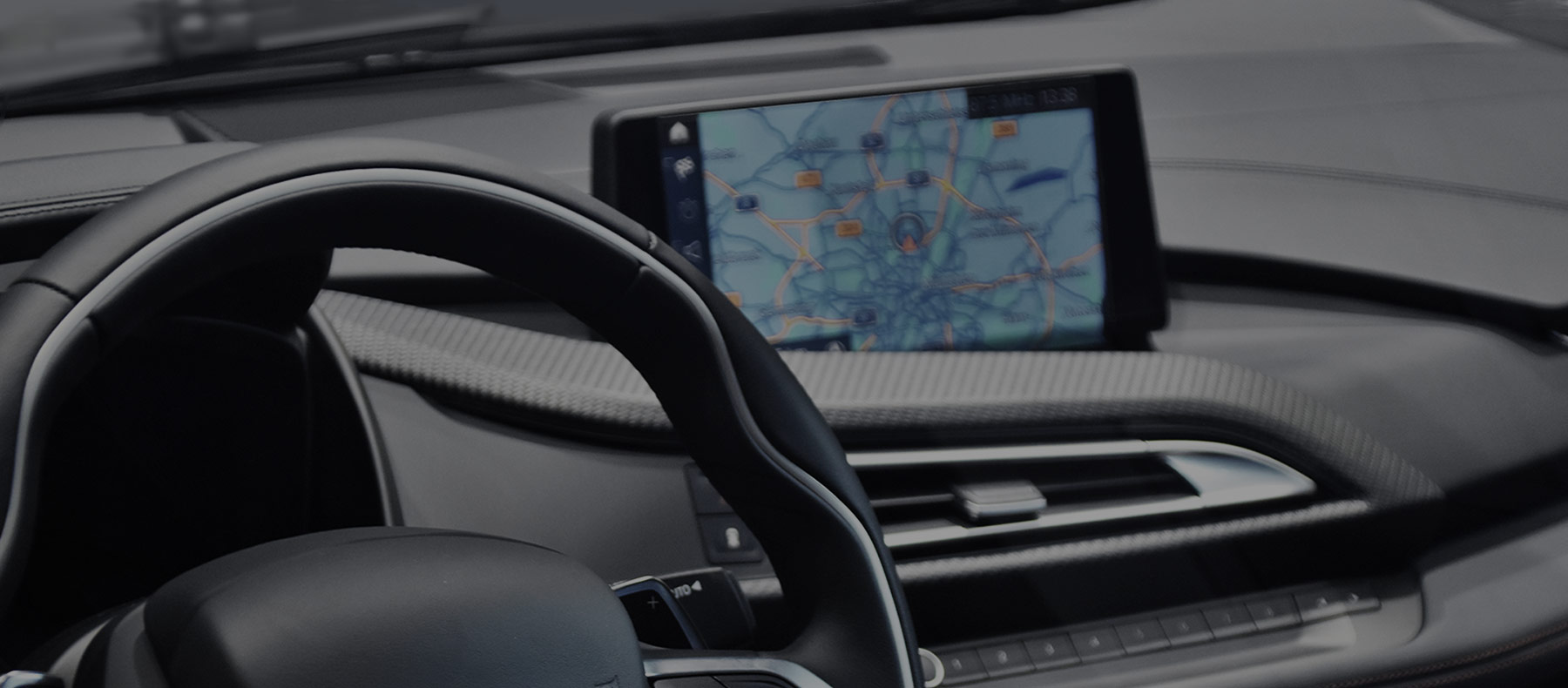If your business is operating during the pandemic, or you’re gearing up to go back to work after the lock-down, it’s important to be able to maintain social distancing, manage your fleet effectively and ensure driver safety.
Our Telematics solution makes it possible for you to track your fleet to enable you to effectively manage the elements of the pandemic.

How Avis Telematics track and manage your fleets vehicle operations
Vehicle tracking systems like Telematics have allowed fleet-based businesses to actively manage the behaviour of their vehicle drivers, improve productivity and accountability and limit vehicle-related accidents and fines.
But what does vehicle tracking mean? Here are a few points to consider.
1. Vehicle tracking systems allow “live” tracking, so you know where your fleet is at any moment.
Vehicle tracking has been around for a while and we are constantly adding functionality to our Telematics tools at Avis Fleet.
Telematics allows you to view the location and status of your vehicle in real-time. Allowing you to effectively manage your driver and business objectives from your fleet portal. You are able to set up alerts on your vehicles in locations they may not be allowed into.
This is important during the lock-down as there may be significant fines for vehicles travelling outside their allocated areas. The data collected by these tools is stored or logged for analysis to ensure you can improve the efficiency of your fleet in the long term.
2. Vehicle tracking is enormously beneficial to drivers
No fleet company uses the information of a tracking system in the same way, but Avis’s Telematics product targets bad driving behaviour to ensure utmost safety.
This particular vehicle tracking system ensures that the driver gets to work, perform deliveries and pickups, and gets home safely.
By seeing how someone drives on a daily basis, vehicle tracking can identify good or bad driving behaviour, which can be followed up with driving instructions/courses to improve on areas where the driver needs it.
Common driving behaviour pitfalls include speeding, minimal following distance, harsh braking, over-revving and bad clutch control. Furthermore, the tracking system ascertains how long a driver has been behind the wheel and if they are in need of rest.
Fatigue and driving don’t bode well together.
3. Tracking driving behaviour ultimately keeps drivers and companies within the law
While the driver learns to be a better driver overall through tracking systems, some companies (like Avis Fleet) have chosen to use a scorecard to make sure the benefits of better driving behaviour stay with the driver over his/her career.
This will also help drivers to become used to the new national demerit system which means that bad driving behaviour results in demerits. The accrual of these black marks may mean a loss of a driver's licence.
This is problematic not only for the driver but for the company too – no driver means downtime and loss of productivity.
4. The main advantage of vehicle tracking during a pandemic
The benefits of vehicle tracking are many but the main advantages for a fleet company (and as Avis has experienced) are:
- A reduction in unnecessary travel or inefficient routes
- Managing driver behaviour translates into a reduction in traffic incidents or accidents. Which is essential right now to reduce the burden on emergency services.
- A reduction in maintenance costs (these are reduced by between 10 – 20%)
- An increase in productivity and efficiency.
- A reduction in traffic fines
- A decrease in fuel consumption – as much as 25 %
Choose Avis Fleet’s Telematics product – where data becomes truly meaningful for fleet-operating clients.
Contact us directly for more information about how our Telematics solution can ease the burden of Fleet Managers.





